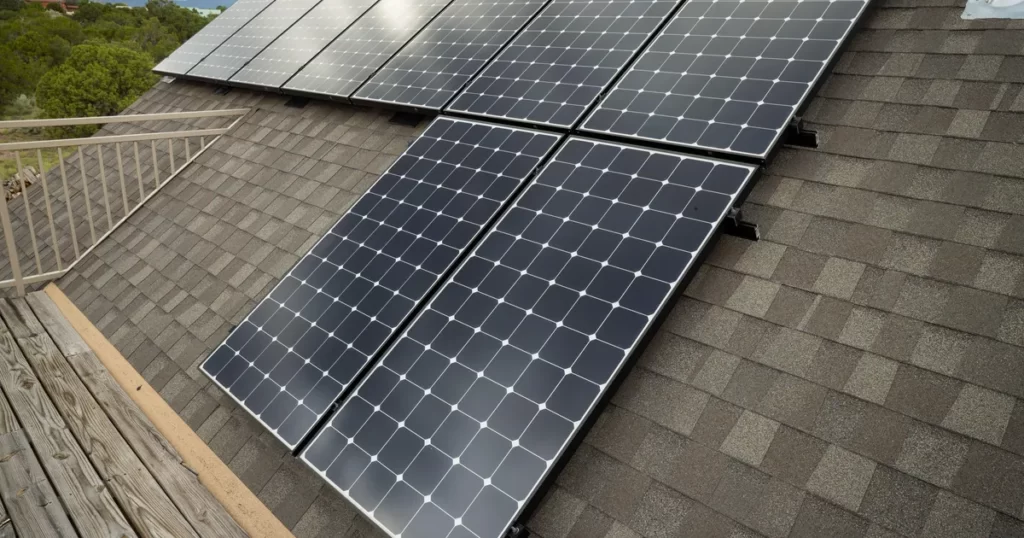Unlike other renewable energy sources, such as wind or water, solar energy does not consume fuels or require other sources, such as wind or water. In terms of environmental impact, this is one of most intriguing technologies for generating energy. Another advantage that isn’t immediately apparent when deciding on a solar energy system is that there are many other advantages to solar energy. As an example:
There Are No Energy Production Expenses
As we previously stated, solar energy does not require any external supply to function, thus its maintenance & energy production costs are almost nil. Manufacturing and installation costs are the only expenses incurred while using solar energy. Because there are no extra costs involved with the operation of this system, the installation is soon recouped despite the high original outlay.
Long-Distance Travel Wastes Less Energy
The greater the difference between the source and destination, the greater the amount of energy lost in transmission and distribution. Even while these losses aren’t huge, they do have an impact on the installation’s effectiveness in heavily populated locations like cities and towns.
Photovoltaic panels installed on rooftops reduce the distances between the panels, enhancing the electrical system’s efficiency.
Easy-To-Install But Flexible Design
Since it’s so simple to set up, it can be placed practically anywhere, benefiting of the both vertical & horizontal space. As a result, small-scale solar projects may be installed more easily, and the system’s modularity and flexibility allow it to be modified to meet changing demands at any moment.
Perhaps the most intriguing benefit is the ability to deliver electricity to areas that would otherwise be unable or prohibitively expensive to connect to conventional power grids.
The Periods Of Maximum Demand Match With The Hours Of Energy Production
The time periods with highest power use are most common. The cost of energy skyrockets during peak demand in systems that rely on power plants to produce it on demand. From the other hand, solar energy output reaches its peak during peak demand hours of the day. With large-scale solar energy, the additional surplus of fuel during peak times may drop mid-day electricity rates to levels comparable to those of the nighttime.

The Environmental Impact
Solar power does not produce noise pollution, which would be a significant consideration for urban installations. Due to its low maintenance requirements and long lifespan compared to other energy generation systems, it also produces no waste. Solar panels, on the other hand, are built to survive even the harshest weather conditions.
Improved Power Grid Security
As a result of typical problems like blackouts and voltage dips, there is a significant indirect advantage that has a direct effect on the functioning of the power system. To prevent power grid overloads or fire in transformer substations, the ability to use solar electricity from hundreds or even millions of separate energy production centres is a boon.
Savings And Investments
Because the sun is an endless form of energy that is not really affected by price fluctuations or the impacts of speculation, renewable energy production greatly cuts prices. As previously said, it necessitates a considerable initial outlay, although this is quickly recouped over time. As a final bonus, this energy source does not require additional management or usage expenditures.
Technology has advanced to a point where solar cells will become more economical and more efficient as a result of lower pricing for the components needed to make the panels.
This Has A Significant Impact On The Economy
As a final benefit, since solar panels represent the majority of the system’s cost, the process of installing them supports local economic development by generating employment. As a result, the broad use of the these systems aids in the development of new jobs and boosts the local economy.






